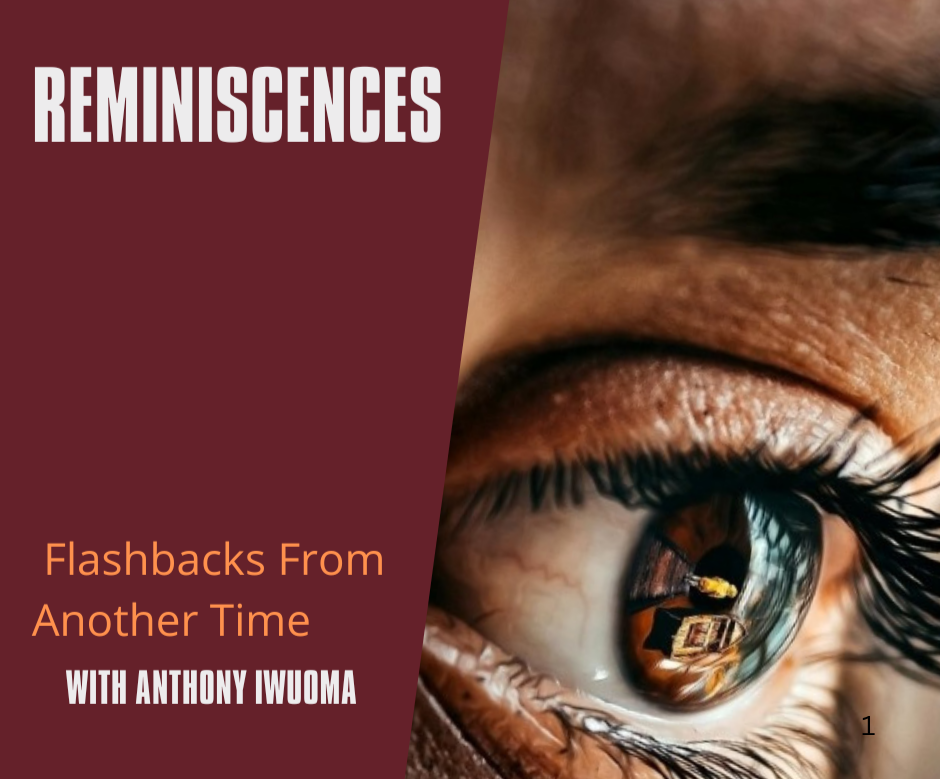
By Bose
Kindly share:
By Anthony Iwuoma
Natasha Akpoti-Uduaghan of Kogi Central is, without question, a woman whose presence commands attention. One could begin with her physical elegance, the kind that prompts a second look, the kind that even those sworn to renunciation might pause to admire. But to focus solely on her beauty would be to commit a grave injustice. Natasha is not merely aesthetically captivating; she is a symbol of competence, courage, and visionary representation. She is proof that excellence in leadership is neither a myth nor a theory; it is possible. It is tangible, and it is happening right before our eyes.
And so, Okigwe Zone weeps.
It weeps not out of jealousy, nor out of envy, but out of deep, aching realisation. The more Natasha rises, the more she performs, the more she represents her people with dignity, grit, and purpose, the more Okigwe sees its own failure staring back at it. Her successes shine a spotlight, like a cruel sun at midday, revealing the cracks, neglect, inertia, and betrayal that Okigwe has endured at the hands of those who have stood in the name of “representation.”
Natasha’s rising stature is not accidental. It is rooted in work, real, measurable work that touches real lives. Unlike those who announce empowerment only in photographs and press statements, Natasha’s empowerment programmes are visible in communities, households, streets, and in the renewed dignity of her people.
Where others share wrappers and wheelbarrows, or grinding machines,
Natasha has introduced large-scale empowerment ecosystems:
programmes that create sustainable income, not token survival.
She plants what grows, not what dies after election season.

This is why her people defend her fiercely.
They have felt governance in their hands, not just heard it in deceptive speeches.
But this is also why she has become a target of political opponents.
Because empowerment dismantles dependency.
When people are empowered, they stop begging.
When they stop begging, traditional power structures collapse.
And when old power structures collapse, those who fed on poverty lose influence.
Natasha has disrupted their feeding bowl.
So, they fight her with propaganda.
They attempt to silence her voice.
Her people love her nonetheless because she has given them their dignity back.
And no amount of political scheming can defeat a leader whose legitimacy is rooted in the lived experiences of her people.
Natasha stands as a yardstick, a signpost, a living contrast. She does not merely speak; she acts. She does not merely occupy space in parliament; she moves with the urgency of one who understands the weight of a mandate. She is, in essence, doing the work. And the results are visible, not buried in press releases or empty speeches, but living, breathing outcomes that her people can feel and touch.
Meanwhile, Okigwe remains trapped in lamentation and bewilderment.
How did we get here?
How did a land famed for intelligence, culture, resilience, and political history end up with representation so underwhelming that even the mention of progress feels like a fairy tale?
The tragedy did not happen overnight. It was gradual, layered in years of complacency, watered by political godfatherism, and harvested in the season of apathy. Okigwe has repeatedly elected individuals whose priorities are misaligned with the development of the region. Leaders whose concerns begin and end with personal survival and political relevance. Leaders who show up only during elections, with rice bags and promises, and disappear into Abuja like ghosts thereafter.
They do not speak. They do not fight for their people. They do not negotiate value.
They do not build bridges, literal or figurative. Yet, every election cycle, they return with renewed boldness, assured that the people will accept crumbs yet again.
And because the people have accepted it for too long, poverty remains, infrastructure decays, youth drift aimlessly, and Okigwe grows quieter and dimmer on the map of national relevance.
Where others rise, Okigwe retreats. Where others demand, Okigwe whispers. Where others push for transformation, Okigwe negotiates survival.
Natasha has become a mirror one Okigwe is forced to look into.
For when Natasha speaks in the Senate, she speaks for her people with clarity, facts, and unshakeable confidence. She does not stutter. She does not beg. She does not apologise for demanding that her people be treated with dignity. Her recent outing is an eloquent testimony that her unjust six-month suspension, rather than whittling, has catapulted her to another unsurpassable realm.
She breaks glass ceilings with the conviction of one who believes that progress is the right of her people, not a privilege granted by elites. Her presence embarrasses mediocrity, which Okigwe representatives hallow. Her performance is a slap on complacency, which is second nature to Okigwe representatives, just as her courage exposes their cowardice.
And so, Okigwe weeps, not because it lacks capable sons and daughters. No. Okigwe has brilliance. Okigwe has leaders. Okigwe has administrators, entrepreneurs, scholars, and advocates who are more than capable of delivering excellence. What Okigwe lacks is the courage to choose them.
Some now whisper half-jokingly, “Should we beg Natasha to adopt Okigwe Zone? Should she lend us her blueprint, her courage, her clarity, her model of leadership?”
There is humour in the statement, yes. But humour, sometimes, is a dressing on truth.
Because what is representation if not the willingness to love your people loudly and work for them relentlessly?
If Natasha can do all that she has done for her people in Kogi Central, why can’t Okigwe’s representatives?
Is governance a mystery? Is development an occult secret? Is representation reserved for a chosen few?
No.
It requires only three things: Competence. Courage. Commitment.
And Okigwe has people with all three.
2027 is not just another election year.
It is Judgment Day.
Okigwe cannot continue repeating mistakes and hoping for miracles. It must rise with clarity and insist on excellence. It must reject stomach infrastructure politics. It must call out betrayal and refuse to be fooled by temporary gifts while its future decays.
The people of Okigwe must remember: Representation is not a favour we owe politicians.
It is a contract. A responsibility. A duty. And when leaders fail, they must be removed.
Natasha is not a goddess. She is not supernatural. She is simply a person who decided that her people deserve better, and then backed that belief with work.

Okigwe deserves better too. Not tomorrow. Not “when politicians feel like it.” But NOW!
Let us shine our eyes wella. Let us refuse to be deceived by tokens. Let us reject the politics of silence and presence without impact. Let us insist on leaders who work with both heart and competence. Let us demand representation that speaks, that builds, that fights, that delivers.
We have seen what is possible through the example before us. Excellence is not a rumour. Progress is not a myth. It is real. It is achievable. But only when we choose it.
Let it be said that in 2027, Okigwe chose differently.
Let it be said that in 2027, Okigwe chose character and competence.
Let it be said that Okigwe rose from the ashes of complacency.
The future is waiting.
But it will only come if we reach for it. Thanks to God, the days of weeping are over. The elders are searching and speaking. The Lord may have thrust forth one of Okigwe’s sons to make her rise again.
For Okigwe, 2027 Is Our Turning Point.
Anthony Iwuoma, a newspaper columnist, wrote from Owerri.





